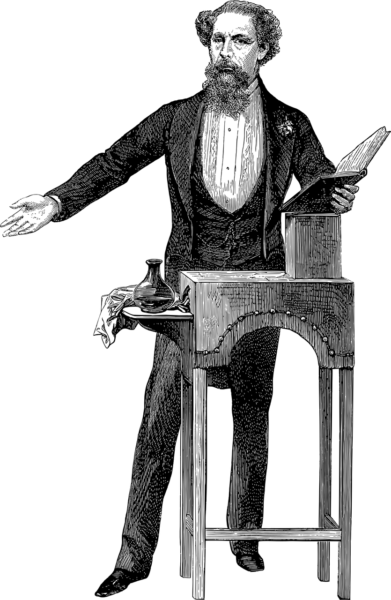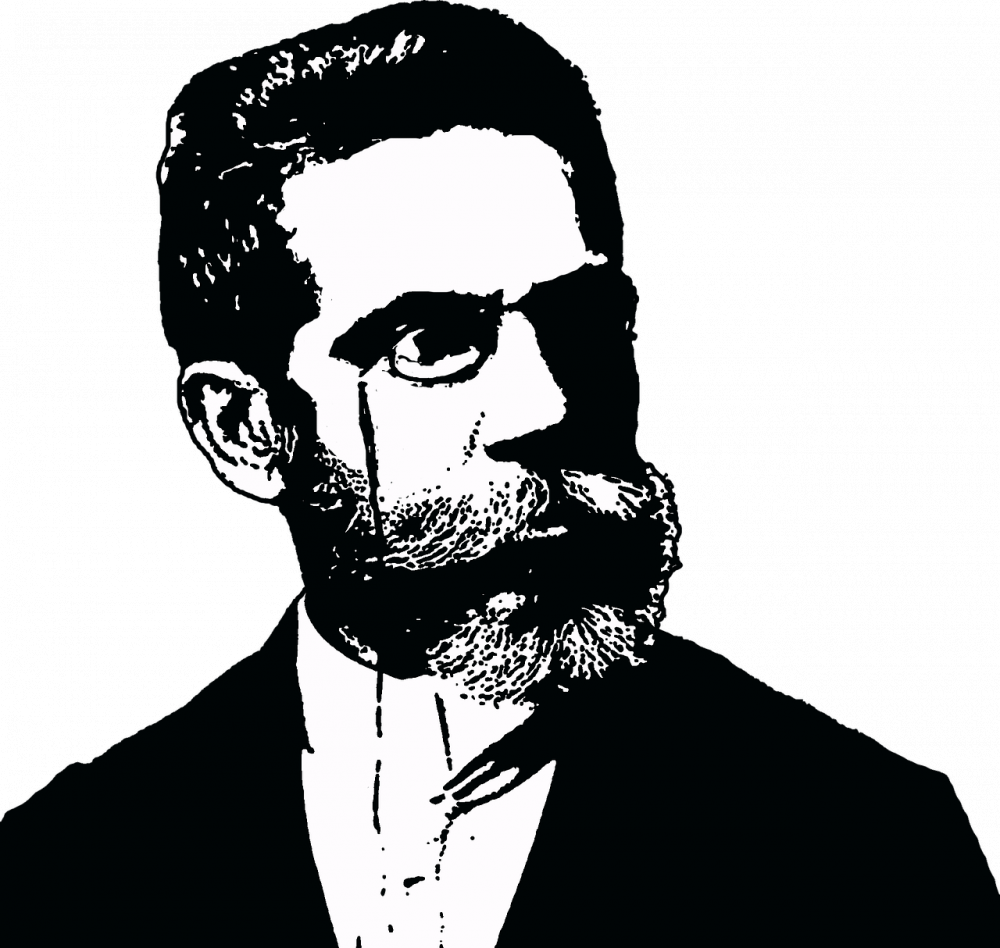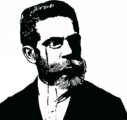Charles Dickens: A Literary Genius and Social Critic

Introduction
Charles Dickens, one of the most prominent names in English literature, remains a timeless figure, captivating readers with his profound storytelling and poignant social commentary. Born on February 7, 1812, in Portsmouth, England, Dickens’s life and works continue to fascinate people around the world. In this article, we delve into the life of Charles Dickens, his enduring impact on literature, and the evolution of his writings over time.
I. The Life and Legacy of Charles Dickens

Charles Dickens, renowned for his vivid characters and emotive narratives, was an influential writer with a unique ability to capture the realities of Victorian England. He explored themes such as poverty, social class, and the plight of the working class in his novels, providing readers with a powerful insight into the stark inequalities prevalent during his time.
A. Early Years and Literary Beginnings
From an early age, Dickens exhibited a keen interest in literature and storytelling. His childhood experiences, including his father’s imprisonment due to debt, greatly influenced his writings and fueled his compassion for the destitute. Dickens’s first published work, “Sketches by Boz,” was a collection of essays and sketches that laid the foundation for his later career as a novelist.
B. Literary Success and Popular Novels
Dickens’s rise to literary stardom came with the publication of his first novel, “The Pickwick Papers,” serialized between 1836 and 1837. This humorous and episodic tale introduced readers to some of Dickens’s most memorable characters, foreshadowing his future literary accomplishments. Subsequent novels, including “Oliver Twist,” “David Copperfield,” and “A Tale of Two Cities,” propelled his fame and cemented his reputation as a master storyteller.
C. Social Activism and Philanthropy
Beyond his literary prowess, Dickens was a staunch advocate for social reform. Influenced by his own experiences and the societal injustices he witnessed, he used his platform as a writer to shed light on prevalent issues of his time. Dickens’s works, such as “Bleak House” and “Hard Times,” highlighted the need for societal change and generated public awareness of pressing concerns. Additionally, his philanthropic efforts, notably his involvement in various charitable organizations, further solidified his commitment to improving the lives of the less fortunate.
II. The Evolution of Charles Dickens’s Writings
Over the course of his career, Charles Dickens’s writings underwent a significant transformation, reflecting both his personal growth and the changing literary landscape of the Victorian era.
A. Early Works: Social Commentary and Satire
In his early works, Dickens employed satire and social commentary to critique the moral shortcomings and social inequalities of his time. Through his characters and their experiences, he exposed the injustices faced by the working class and the systemic flaws prevalent in Victorian society. Works such as “Oliver Twist” and “Nicholas Nickleby” showcased Dickens’s knack for blending humor and social critique, captivating readers with his sharp wit and astute observations.
B. Development of Realism and Psychological Depth
As Dickens’s writing style progressed, he delved deeper into psychological exploration and the portrayal of complex human emotions. With novels like “David Copperfield” and “Great Expectations,” he perfected the art of character development, creating multifaceted individuals whose struggles and triumphs resonated with readers on a profound level. Dickens’s ability to capture the intricacies of the human psyche and infuse his narratives with emotional depth solidified his reputation as a literary genius.
C. The Influence of Personal Experiences
Dickens drew heavily from his own personal experiences to craft his fictional worlds. His early struggles with poverty and the haunting memories of his father’s incarceration informed the themes of social injustice and the effects of poverty prevalent in his works. Moreover, Dickens’s own emotional turmoils and relationships found their way into his narratives, infusing them with a raw honesty that further resonated with readers.
Conclusion
Charles Dickens’s legacy endures as a testament to his immense talent, extraordinary storytelling, and unwavering commitment to social issues. His works continue to captivate audiences, transporting them to a bygone era while offering timeless insights into the human condition. To truly appreciate Dickens’s contributions to literature and society, one must delve into the pages of his works, exploring the intricate tapestry he wove with compassion, wit, and a steadfast belief in the power of storytelling.
Whether it is the captivating characters of “Oliver Twist,” the haunting tale of “A Christmas Carol,” or the epic panorama of “Bleak House,” Dickens’s novels have left an indelible mark on the literary world. Charles Dickens remains a beacon of literary genius, reminding us of the power of literature to ignite social change and provide solace in the face of adversity.
References:
– “Charles Dickens” by Michael Slater
– “The Cambridge Companion to Charles Dickens” edited by John O. Jordan
FAQ
How did Charles Dickenss writing style evolve over time?
What influenced Charles Dickenss writings?
What were some of Charles Dickenss most famous works?
Flere Nyheder
Udstil din kunst på den rette platform
Introduction Charles Dickens, one of the most prominent names in English literature, remains a timeless figure, captivating readers with his profound storytelling and poignant social commentary. Born on February 7, 1812, in Portsmouth, England, Dicke...
03 april 2025
Stjernetegn plakater: Find plakat til enver smag
Introduction Charles Dickens, one of the most prominent names in English literature, remains a timeless figure, captivating readers with his profound storytelling and poignant social commentary. Born on February 7, 1812, in Portsmouth, England, Dicke...
10 juli 2024
Find den perfekte ramme til dit kunstværk
Introduction Charles Dickens, one of the most prominent names in English literature, remains a timeless figure, captivating readers with his profound storytelling and poignant social commentary. Born on February 7, 1812, in Portsmouth, England, Dicke...
11 april 2024











